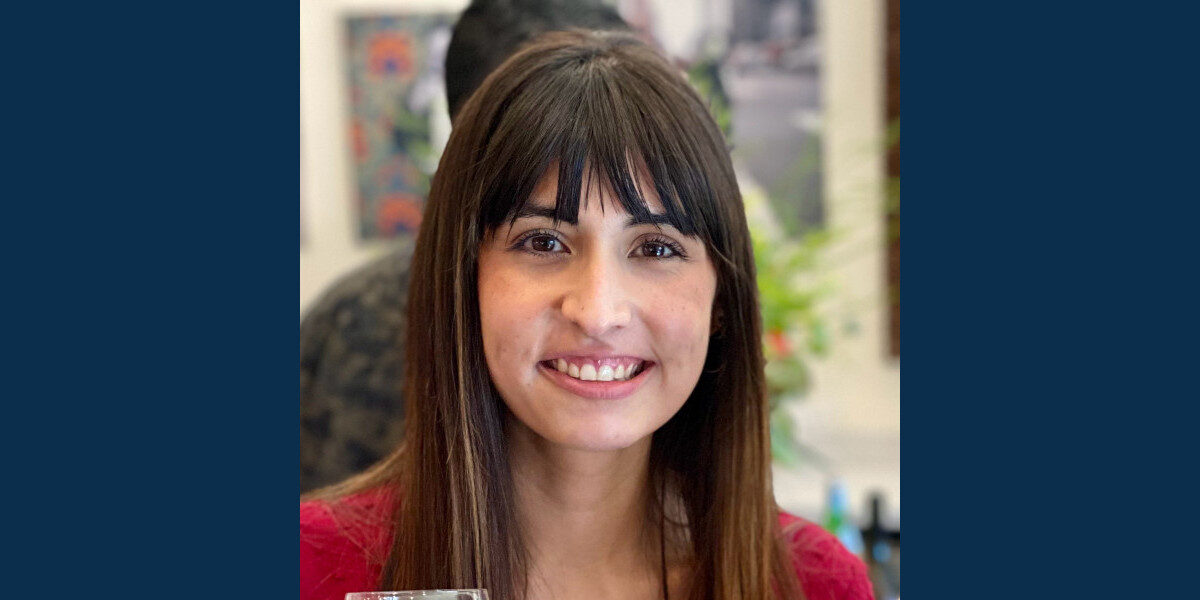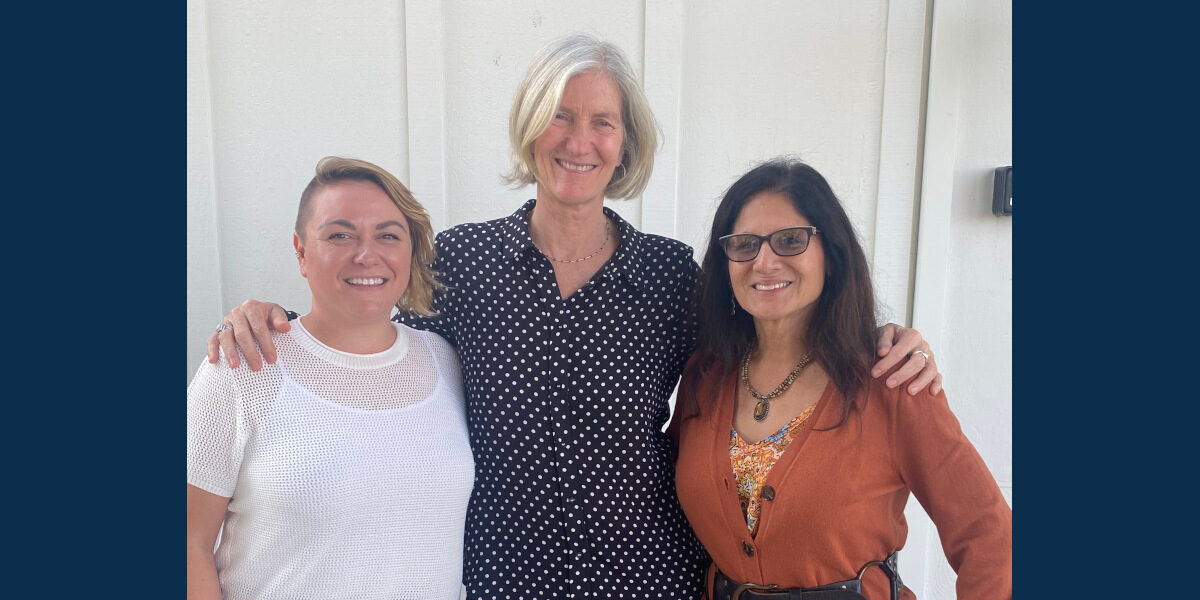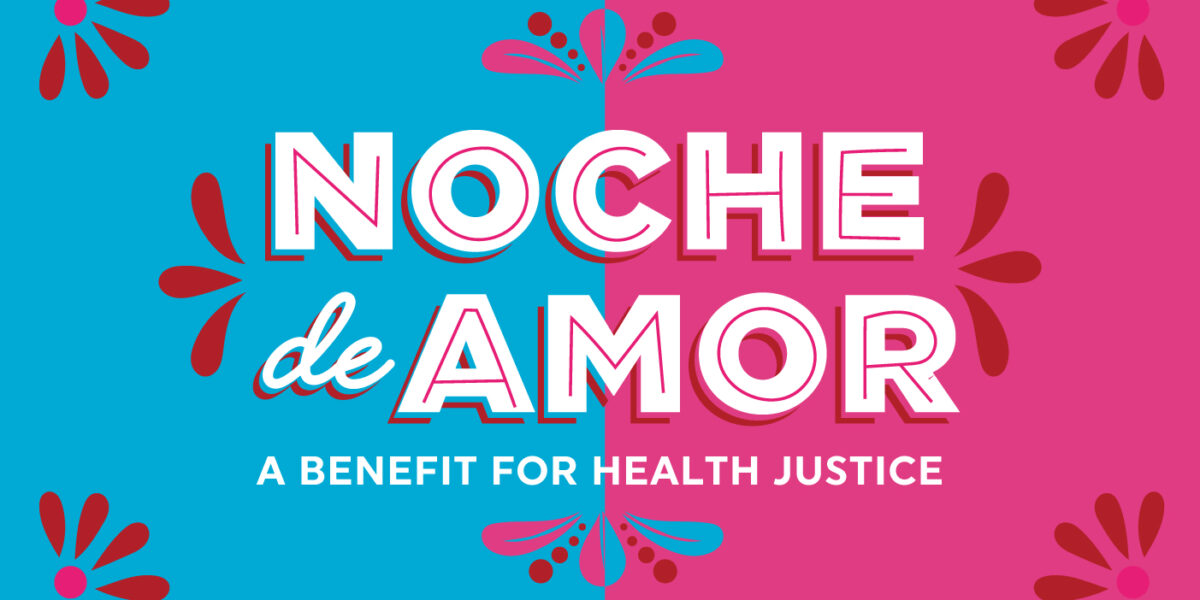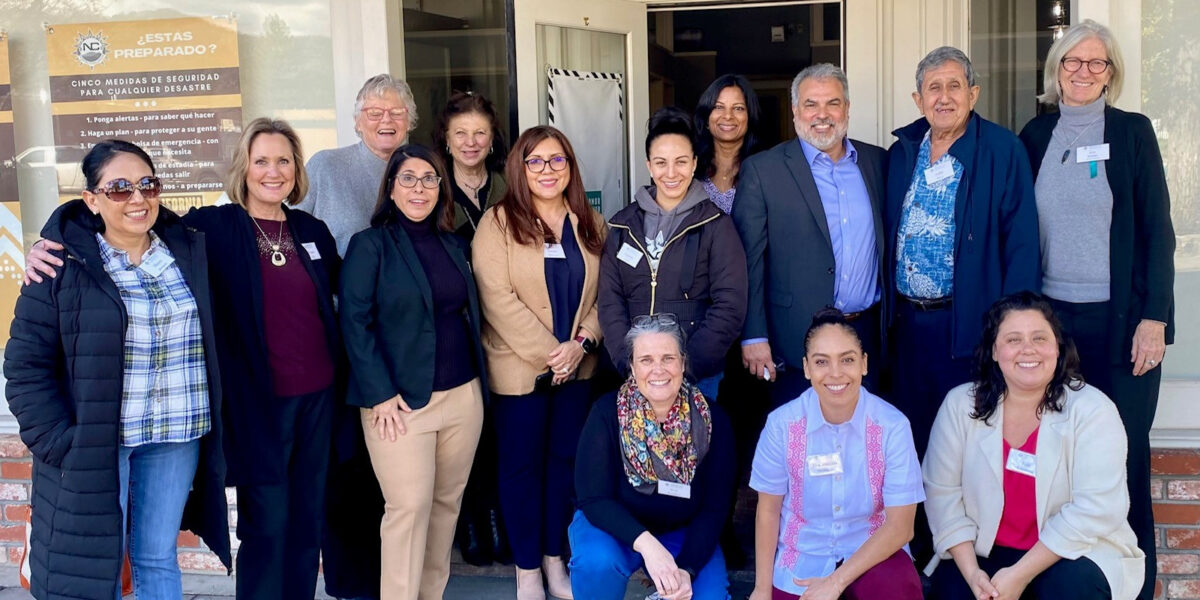

Mental Health Talent Pipeline Spotlight: Catching Up with Catalina Frausto
3 min read. We check in with Mental Health Talent Pipeline alumna Catalina Frausto, who is now working as a clinician at Windsor High School.
Catalina Frausto graduated with a master’s degree in counseling psychology from USF Santa Rosa in 2022, with support from a Mental Health Talent Pipeline scholarship. Today, she is a bilingual, bicultural clinician with SOS Community Counseling, a nonprofit established in 1993 in response to the mental health needs in the community and schools of Sonoma County. As the organization explains on its website, SOS is dedicated to providing vulnerable families, children, and individuals the highest quality, compassionate, and skilled mental health counseling services at minimal or no cost.
Catalina spent her third year in the USF graduate program as a trainee in SOS’s Cloverdale branch, as a school-based therapist serving high school and middle school students and their families. Upon graduating, SOS hired her full-time to work on-site at Washington Middle School and Cloverdale High School. This year, Catalina started a new position as SOS’s main clinician at Windsor High School, which also happens to be her alma mater.
We recently caught up with Catalina to learn about the work she’s doing at Windsor High School and her perspective on the needs of young people in the community.
Can you describe your current role?
I’m the site manager at Windsor High School. I’m the main clinician here. SOS was formerly on-site at Windsor High School, back before the pandemic. This is the first year we’re back. We’ve been adapting and streamlining our operation, coordinating with the school. As you know, SOS is currently involved in a merger to strengthen its services to the community. In terms of our school-based programs, these will eventually transition to Child Parent Institute (CPI).
Windsor High School is great in that they offer a lot of emotional and behavioral health support, including mental health professionals, here on campus. They have a new Wellness Center that opened up in January. They have their academic counselors as well. If a student is in crisis, they have many people to go to for help. If they want ongoing services, that’s where we come in. We put them on our caseload and see them on a weekly basis for eight to ten weeks.
What are some of the challenges you see among the students you support?
The pandemic still comes up. Some of these students were in sixth or seventh grade when this happened, and re-adjusting has been difficult. Students also come in because of various relationship issues. It’s that age range where friends are their main priority, so when things happen within a friendship it can be really devastating. Other relationships in the household, with parents, also come up. I’ve had a few students, too, who have recently moved to the US from Mexico, who are not just new to the school but new to the country. I support them in navigating a new culture and new customs that they’re either not comfortable with or still adapting to.
“I know personally that one of the barriers to pursuing a career as a bilingual mental health professional is just how expensive higher education can be. Taking away that barrier . . . means more access to mental health services for our underserved population here in Sonoma County.”
Catalina Frausto
Are these sessions in Spanish?
One of the students was comfortable speaking in English, but for the other two we held our sessions in Spanish. I give them a lot of credit. It’s hard. I’m glad the school as a whole offers several levels of support. Because our intervention is designed to be short-term, we can give referrals after those eight to ten sessions. I like knowing that the students don’t have to go very far for these. They can talk to their academic counselor, and they have the Wellness Center that they can go to. And it’s all walkable. It’s not like they have to get on the phone and then get on a waitlist. That can be hard when you’re dealing with a lot.
Has Windsor High School evolved these services since you were a student here?
We didn’t have a Wellness Center. I had an academic counselor, but things have come a long way since I went to school here with respect to the breadth of support.
Beyond Windsor High, do you see a need for more bilingual and bicultural mental health professionals to serve schools and communities in northern Sonoma County?
Oh, yes. There’s a big need for bilingual, bicultural clinicians, absolutely. The availability of bilingual and bicultural clinicians allows access to these services for people who might not otherwise engage them because they are monolingual or simply more comfortable in Spanish. The availability of these services helps people feel seen as well. When I was growing up, for example, my mom needed a translator at her appointments, and a translator wasn’t always available. She can understand English, but she is more comfortable, and things are clearer and easier for her, in Spanish. Being able to give people that comfort, and the ability to express themselves freely in your own language—especially when you’re dealing with very delicate topics—is very important. People need and deserve mental health services in their own language. It’s vital to the process that they can be comfortable talking, and can allow themselves to be vulnerable. To be validated and to be heard by someone who understands you, without having to go through a translator, makes a huge difference.
I am very happy to hear that the Mental Health Talent Pipeline is still an ongoing scholarship. The Pipeline’s future clinicians are going to be able to help a lot of people. I know personally that one of the barriers to pursuing a career as a bilingual mental health professional is just how expensive higher education can be. Taking away that barrier, so bilingual/bicultural students who want to be mental health professionals can fulfill that dream, means more access to mental health services for our underserved population here in Sonoma County. And it can contribute to ending the stigma that’s in the culture around mental health, too, while giving the community the support it needs. Having those clinicians out there is vital.

Related News + Stories
Invest in Our Community
Your support is vital to our collective vision of eliminating health inequities in northern Sonoma County.
Donate



